By: Alex Forrest
The Ford F-150 Lightning is leading the charge in the all-electric ute market in the US but there are others already nipping at its heels. So when will Australia get its first mainstream electric ute and how will it be received?
Of all the discussion surrounding electric vehicles in Australia, the question of whether and when we will have an all-electric dual cab 4x4 ute on sale in Australia has been one of the biggest topics. Various ute manufacturers have been indicating this is the direction they’re heading, and frankly, they won’t have a choice anyway.
Eventually, Australians will have to be weened off their beloved dual-cab diesel utes, and embrace a new crop of electrified haulers which most certainly will not end the weekend, as politicians have claimed.
Given utes comprised 21 per cent of new vehicle sales in the first half of 2022, any ute manufacturer with survival instincts will know it simply can’t afford to produce an inferior electric ute that would ‘end the weekend’.
RELATED:
Electric SUVs in Australia in 2022 »
RELATED: Plugin hybrid SUVs in Australia in 2022 »
The Ford F-150 takes off in the US
In the US, where petrol and diesel pick-up trucks are the top three selling vehicles, Ford was forced to stop taking pre-orders for the all-electric Ford F-150 Lightning ute in early December 2021 due to its limited ability to fill those orders in reasonable time.
More than 200,000 buyers had already signed up by then and that would account for all of production throughout 2022 and beyond.
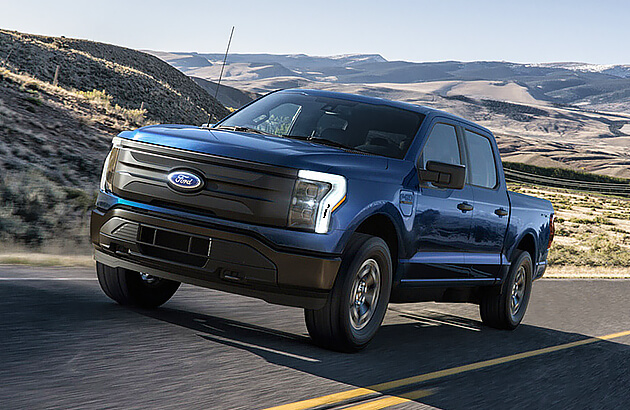
With that sort of demand, clearly there was no scepticism about the Lightning’s capabilities among buyers.
Apart from the obvious environmental advantages, it’s the other features of the Lightning that have played a big part in its initial popularity.
These include the ability for it to accommodate plug in power tools, the huge extra storage space under the bonnet and of course its performance from the 420kW of power and 1050Nm that can be optioned. A long-range battery offering a purported 480km is also available.
On top of all that, pricing for the Lightning starts at $US39,974 for the entry level model with 370km of battery range. That’s similar to the price of the F-150 XLT – a near bottom of the range V6 petrol. No wonder they had strong appeal in the US.
Other electric utes on the horizon
But Ford is far from having the electric pick-up market to itself. General Motors has the Chevrolet Silverado EV, Toyota has teased a photo of its Tacoma EV and Rivian has had its R1T.
Tesla removed the Cyber Truck from its Australian website in May this year, but is continuing to promise its arrival in the US. It was initially slated to begin production in 2021, but that has now been pushed out to 2023.
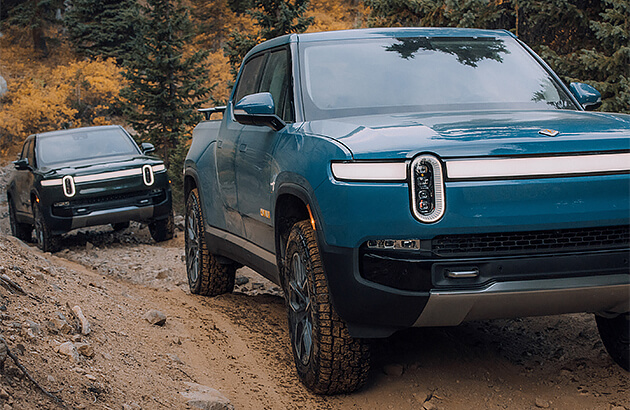
In Australia, none of these are for sale, but it’s becoming clear that our current crop of diesel utes will be replaced by electric versions sooner rather than later.
With the model life cycles of utes at around 10 years (about twice that of regular cars), it figures that more manufacturers will be pointing to utes soon to be arriving in showrooms (be they virtual or physical) by the end of this decade and possibly well before.
No firm dates have been given for the arrival of an electrified Ford Ranger, Toyota Hilux, Isuzu D-Max or Mitsubishi Triton, but hints appear to have been dropped.
Some Australian publications have speculated that announcements by Ford executives are evidence that a full electric version of the recently released Ford Ranger is on the way.
Specifically, the quote that created the most interest was the one which came from Ford CEO Jim Farley, with his reference to “another electric pickup truck that’s different than” the F-150 Lightning.
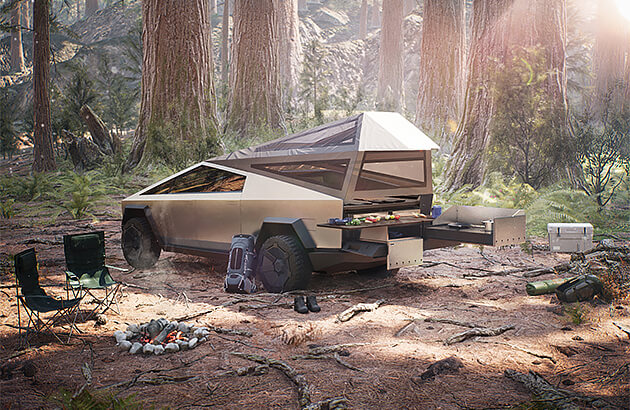
However, with limited clarity about what exactly is on the way, and no mention of arrival dates, any current information being circulated about a possible electric Ford Ranger should only be regarded as that at best – possible, but far from definite.
What we do know is that if the reception of the F-150 Lightning in the US is any guide, an attractively priced, similarly capable Ranger EV does stand to do very well in Australia.
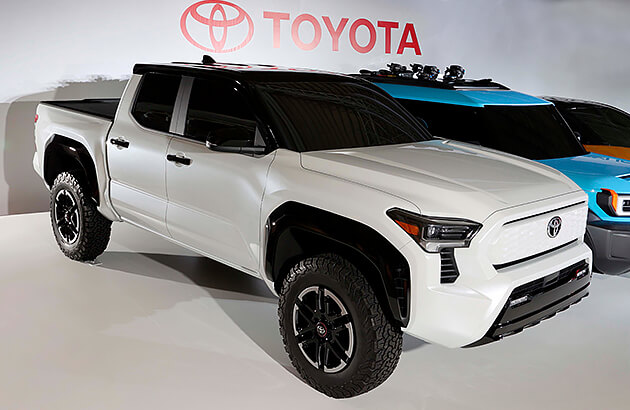
Towing and battery range
Battery range may be an issue for some utes doing long-distance towing, but there are plenty of utes in Australia that travel well under 100km per day, and that’ll be easily achievable with a 400km range.
Total towing range remains to be seen, but by the time a Ranger EV (or any other ute EV) arrives in Australia, it’s also feasible the charging network will have improved somewhat, offering more charging opportunities for those wandering out yonder.
When you’re at a campsite, there’s also the possibility of using the vehicle as a power source.
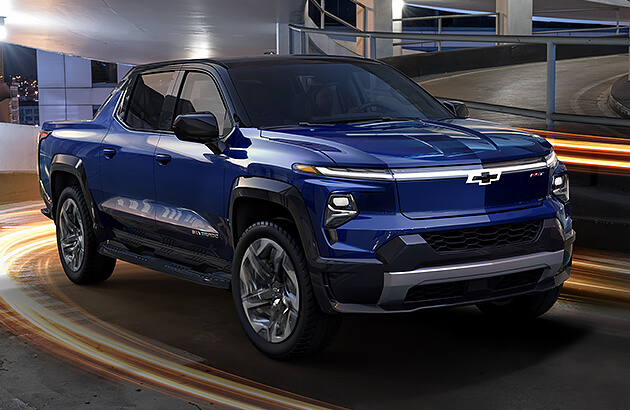
Western Australia will also have its own special role to play in enabling Ford to put more EVs on the road.
In June 2022, WA lithium miner Liontown Resources announced it had signed a deal with Ford to supply lithium for the car maker to use in its EV batteries.
So buyers of Ford EVs will also be getting their very own little bit of WA.
Considering an EV? Get a discount on your car loan interest rate.
Get 0.50% p.a. off your car loan interest rate when you buy an electric vehicle.
T&Cs: Discount applies to fully electric new and used vehicles, excludes Hybrid vehicles. Offer is subject to RAC Finance Lending Terms and Conditions. Fees and charges apply. Australian Credit Licence 387972.
